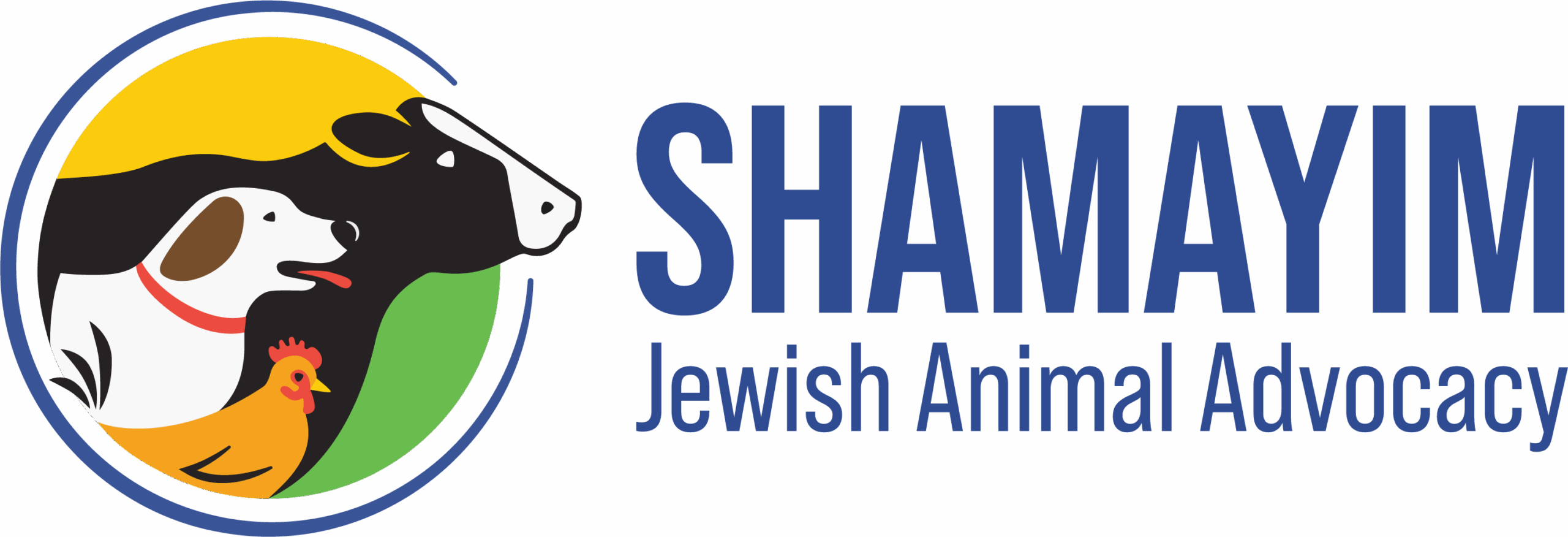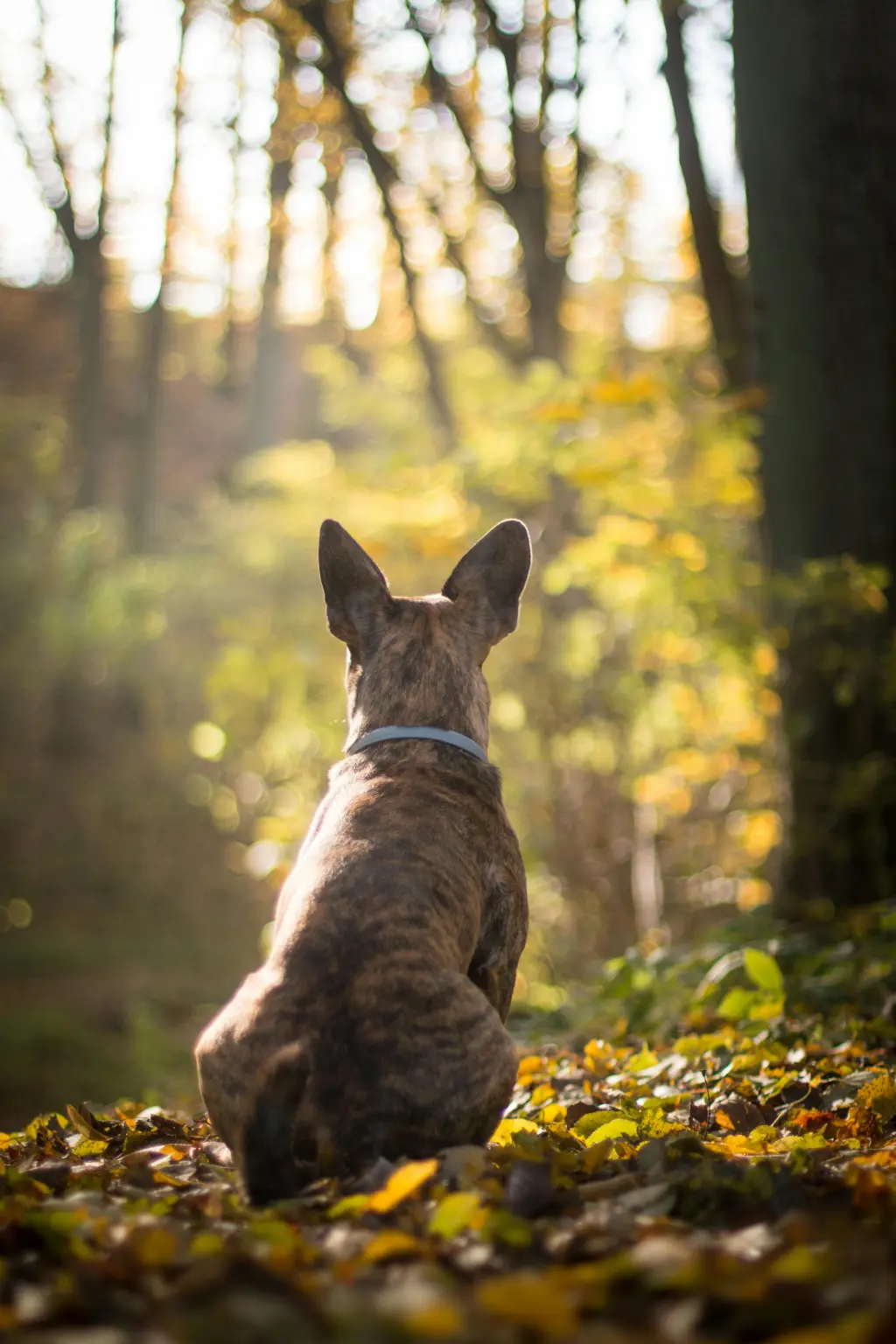By Rabbi Shmuly Yanklowitz
Every dog owner knows the unique joy of having a dog and the profound grief that follows when that beloved companion dies. Last year, my dog Ozzie died suddenly and tragically. He wasn’t just a pet; he was family. His death left a void, and I found myself pondering a question I believe many of us have asked: Do dogs go to heaven?
Ozzie isn’t replaceable. His personality, quirks, and boundless energy were uniquely his, just as every human being is unique. When we lose people, we remember their souls- their essence, the way they made us feel. Physical features fade from memory, but the intangible spark that made them who they were lingers. This essence, this energy, is what we call a soul, or neshamah in Hebrew.
It seems somewhat obvious that humans have a soul; all you need to do is interact with people to sense it. Judaism teaches us that we have a soul, first given to Adam when “G‑d breathed into his nostrils the breath of life.” We are also taught that this soul goes to heaven when we die, as Abraham “gathered with his people” after he had died, a reference to the afterlife. While humans possess a more divine soul than animals, G-d is also shown to have given animals the breath of life, even before humans were created. So if my dog has a soul, no matter how different from a human soul, does he go to heaven?
The Arizal (Igros Kodesh Admor Maharash) taught us that, from a kabbalistic perspective, animals have souls and ascend to the heavens. Much earlier, Rav Saadia Gaon (in Emunot ve-De’ot) taught that animals are rewarded for all the pain they endure in life and death. Jewish scholars show us that dogs, and all animals, go to heaven after they die.
These teachings offer comfort, reminding us that the bond with our pets extends beyond the physical world. Ozzie’s unique essence, his soul, lives on in heaven. However, this comforting thought also poses a difficult question. If animals have souls and carry within them a spark of the divine, why do we treat billions of them with such disregard?
For those of us who consider our pets as part of our family, the idea of abusing or killing a dog or cat is unthinkable. We wouldn’t dream of harming them because we recognize their inherent worth, individuality, and souls. Yet, over 90 billion animals are subjected to unimaginable cruelty every year to produce the meat, dairy, and eggs many of us consume without a second thought.
The disconnect is stark. On the one hand, we shower our pets with love, treating them as family. On the other, we enable the suffering of cows, pigs, chickens, and other animals- creatures just as sentient and soulful as the pets we cherish. These animals are caged, mutilated, abused, and slaughtered, all for the fleeting pleasure of taste.
Judaism teaches us to respect G‑d’s creations. The principle of tzaar baalei chaim, the duty against causing unnecessary pain to animals, is a cornerstone of Jewish ethics. Yet, the industrial farming system that produces the overwhelming majority of meat and dairy blatantly and wholeheartedly disregards this value. By consuming animal products, we become complicit in a system that treats G‑d’s creatures as commodities rather than as living beings with souls.
I often think of our souls, and the souls of all living beings, as sparks from a great bonfire. Imagine a fire burning brightly, with sparks flying off in every direction. Each spark is unique, yet they all come from the same source. When we die, our souls return to that divine fire, reuniting with the whole.

This metaphor helps us understand the interconnectedness of all life. Humans, animals, and all of creation are part of the same divine bonfire. We are different in physical form but united in essence. To harm another being is to harm a spark of that divine fire, a part of G‑d’s creation.
I am comforted when I think of Ozzie’s soul returning to the divine fire. But I am also reminded of my responsibility to honor all of G‑d’s creations, not just the ones I’ve chosen to love as pets.
The question of whether dogs go to heaven ultimately leads us to a larger ethical and spiritual challenge: How do we treat the animals we share this world with? If we believe that animals have souls and acknowledge their divine spark, we must also confront how our choices contribute to their suffering.
Moving toward a plant-based diet is one way to live more in accordance with our values. Reducing our reliance on animal products can lessen the harm we cause to animals and the planet. It’s a small but meaningful step towards respecting and honoring the divinity of every living being.
Judaism calls on us to be stewards of creation and to repair the world through acts of compassion and justice, otherwise known as tikkun olam. This responsibility extends to all of G‑d’s creatures, not just to humans and our pets. Ozzie taught me about unconditional love, loyalty, and the sacredness of life. His passing has inspired me to reflect on how I can best extend those lessons to all beings.
Do dogs go to heaven? I believe they do. But the more pressing question is how we honor their souls, and all animals’ souls, while they are here with us on Earth. By embracing compassion, reevaluating our choices, and recognizing the divine in all living beings, we can create a world that reflects the best of our humanity and our faith in G-d.

Rabbi Dr. Shmuly Yanklowitz is the Founder & President of Shamayim: Jewish Animal Advocacy which is building the Jewish Vegan movement.
Photo of dog in forest by Vilius Liulys on Pexels


Leave a Reply